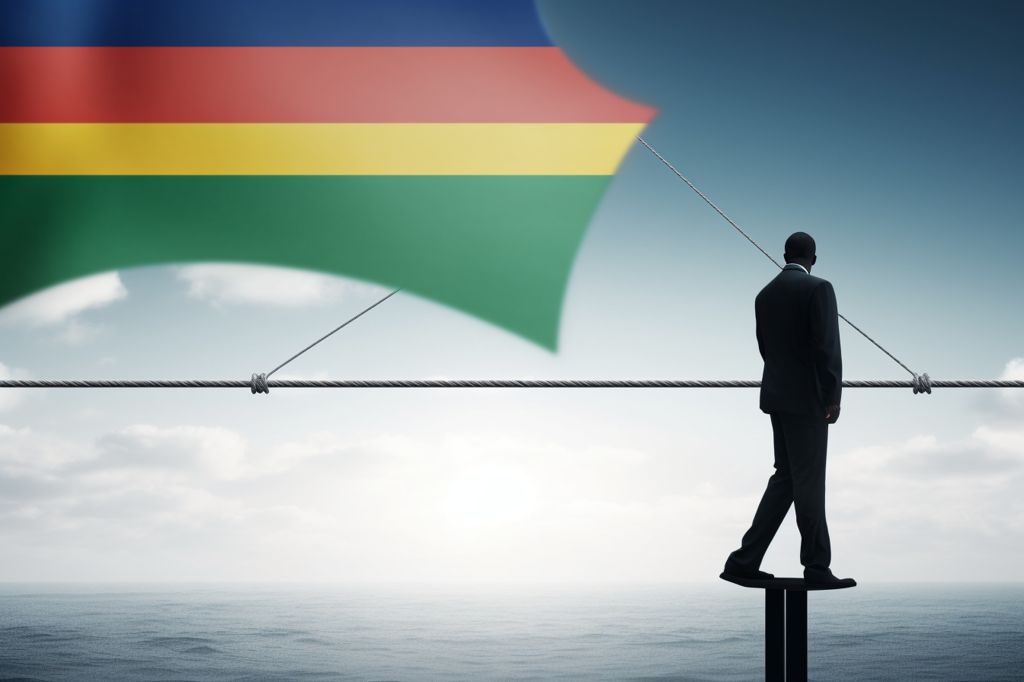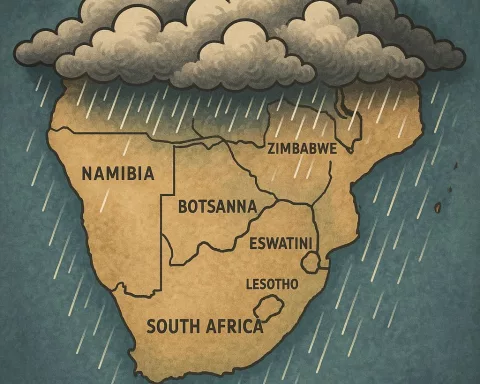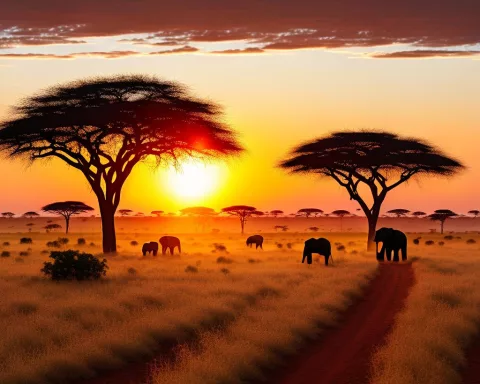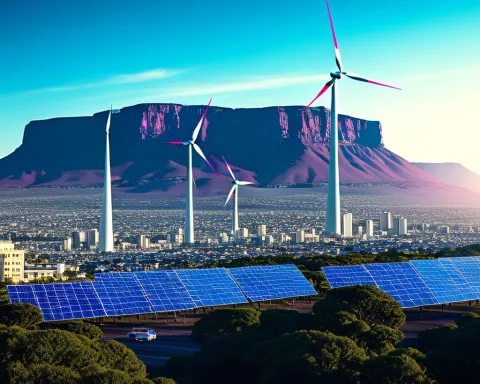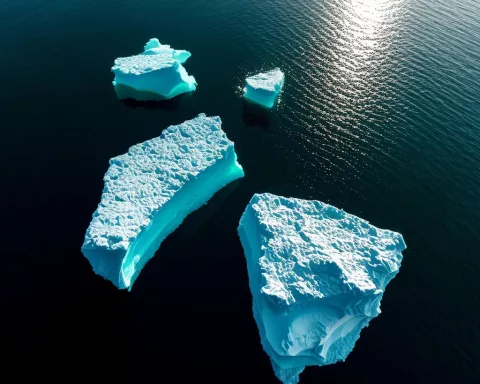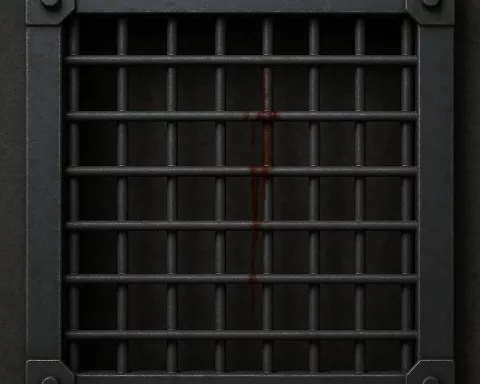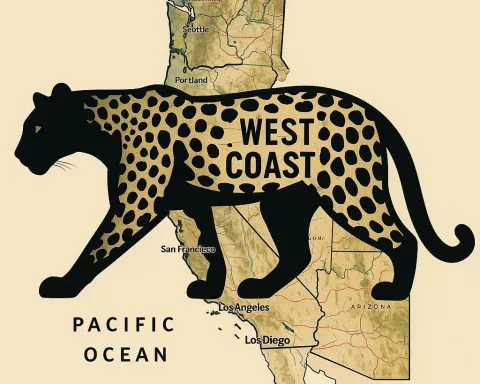As a regional power and a member of the BRICS bloc, South Africa is facing a challenging position as it attempts to navigate the complex global dynamics between the West, particularly the United States, and the BRICS countries. The country must delicately balance its relationships with both sides while also promoting its national interests.
The Role of BRICS Bloc
The BRICS bloc aims to democratize the international political economy by addressing global issues such as international financial stability, climate change mitigation, and sustainable development. By pushing for the end of the US dollar’s dominance as the world’s reserve currency and democratizing global financial and governance institutions, the bloc seeks to strengthen south-south relations and reduce the inequalities characterizing north-south relations. As a result, the global south is rapidly developing and demanding a more equitable world order.
Benefits and Challenges of South Africa’s BRICS Membership
South Africa’s membership in the BRICS bloc has led to significant investments from China, including the expansion of Durban’s port, the largest and busiest shipping terminal in sub-Saharan Africa. Trade and investment links between South Africa and China have also steadily improved, and investments from South Africa into BRICS countries have surged. While trade between South Africa and the BRICS bloc has yet to reach the level of its trade with the European Union and the United States, it offers the country an opportunity to diversify its investment portfolio and destination.
However, South Africa’s strong ties to the BRICS bloc can create tensions with the West, particularly as the United States and European Union remain its largest trading partners. As a result, South Africa must carefully navigate these anxieties to maintain strong relationships with both sides while demonstrating that a common future exists for both parties in a multipolar world.
The Real Challenge for South Africa
The real challenge for South Africa is not its relationship with the West but the West’s approach to the global order, with the United States in particular viewing itself as the benevolent power. By navigating these complex global dynamics, South Africa can ensure its national interests are protected while promoting a more equitable and democratic global order. To do so, the country must develop a nuanced foreign policy that enables it to engage with both the West and the BRICS bloc without alienating either side.
In conclusion, South Africa’s balancing act between BRICS and the West requires a delicate approach and a clear understanding of the country’s national interests. By promoting a more equitable and democratic global order and maintaining strong relationships with both sides, South Africa can navigate the complex global dynamics and ensure a prosperous future for itself and its allies.

